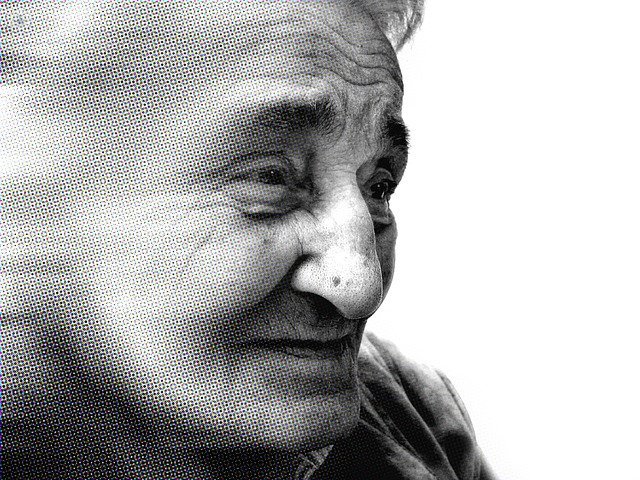Is it possible today to know if we have Alzheimer's?
Written by:Alzheimer's disease (AD) is the most common neurodegenerative disease and, despite everything, still is difficult to diagnose. Although there is increasing evidence / techniques that help us in the diagnosis, without being aggressive or less than brain biopsy. In our center we have the necessary professionals to make an early diagnosis and proper treatment pautar, tracking the entire process.
Diagnosis of Alzheimer's
 In neurology , the diagnosis of Alzheimer's study is based on patient history, performing a neuropsychological test to demonstrate a "typical" cognitive impairment, we can help differentiate the type of dementia; a blood test and an imaging test, ideally a brain magnetic resonance imaging (MRI) to rule out other causes of dementia and brain atrophy know if there is. Also sometimes the cerebral perfusion SPECT or PET with FDG brain used.
In neurology , the diagnosis of Alzheimer's study is based on patient history, performing a neuropsychological test to demonstrate a "typical" cognitive impairment, we can help differentiate the type of dementia; a blood test and an imaging test, ideally a brain magnetic resonance imaging (MRI) to rule out other causes of dementia and brain atrophy know if there is. Also sometimes the cerebral perfusion SPECT or PET with FDG brain used.
Based on these test results, diagnosis probability is, divided into two categories: probable AD and possible AD and sometimes brain biopsy would be made. Despite the realization of such techniques diagnosis it is not entirely reliable, but fortunately this situation is now changing.
Another method that helps us is the lumbar puncture (LP) that measures the amount of certain proteins (Beta-amyloid and tau) in cerebrospinal fluid (CSF). Being a test annoying, though with little risk, it is rarely performed because it has to do with the patient ideally entered.
Developments in the diagnosis of Alzheimer's
Developments in the diagnosis that just arrived in Spain are the only new PET tracers for EA. This procedure does is secured to cerebral beta-amyloid, an abnormal protein on the brain of patients with AD, but not only them.
If the result is negative, it is very difficult for the patient to have an EA. If it is positive, and the rest of the evidence also support the diagnosis, the more likely the patient has an EA, improving the specificity and sensitivity of the diagnosis but not quantified.
Despite the progress, today we can not know with absolute certainty whether or not we EA. Early diagnosis is important, because although today it is a disease that has no cure, it does have treatment to reduce its evolution.
And as important as the previous ones, is cognitive rehabilitation. Ie, practice exercises and specific intellectual activity and a healthy way of life with control of vascular risk factors such as blood pressure, sugar, cholesterol, snuff and exercising daily.


